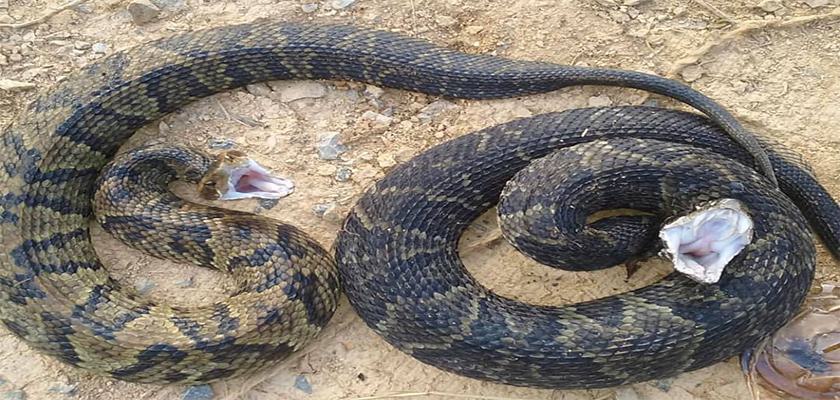Whether they are found in the forests of Alabama or in the halls of Washington D.C, people seem to have a natural aversion to snakes.
To many people, snakes are horrifying to behold and the thought of coming across one of these belly-crawling reptiles causes immense fear and distress.
If you live in this state long enough, it is inevitable that you will cross paths with a live snake at some point or another.
Many have a philosophy about snakes that resembles something like, “if it breathes, kill it,” an understandable impulse due to the fear of being bit by a venomous snake.
For years, snake relocators and enthusiasts in the state have attempted to shift public opinion surrounding snakes.
See also: Get outside: Where to camp in Alabama this summer
Mark Hay, a snake and snake relocation expert in Alabama, stresses the need to maintain the natural ecosystem, of which snakes are a valuable part. For over nine years, Hay and his team have been helping Alabamians relocate unwanted snakes from their property.
Hay is the co-founder of Alabama Snake Removers (ASR), a conglomeration of relocators and snake enthusiasts servicing all over the state.
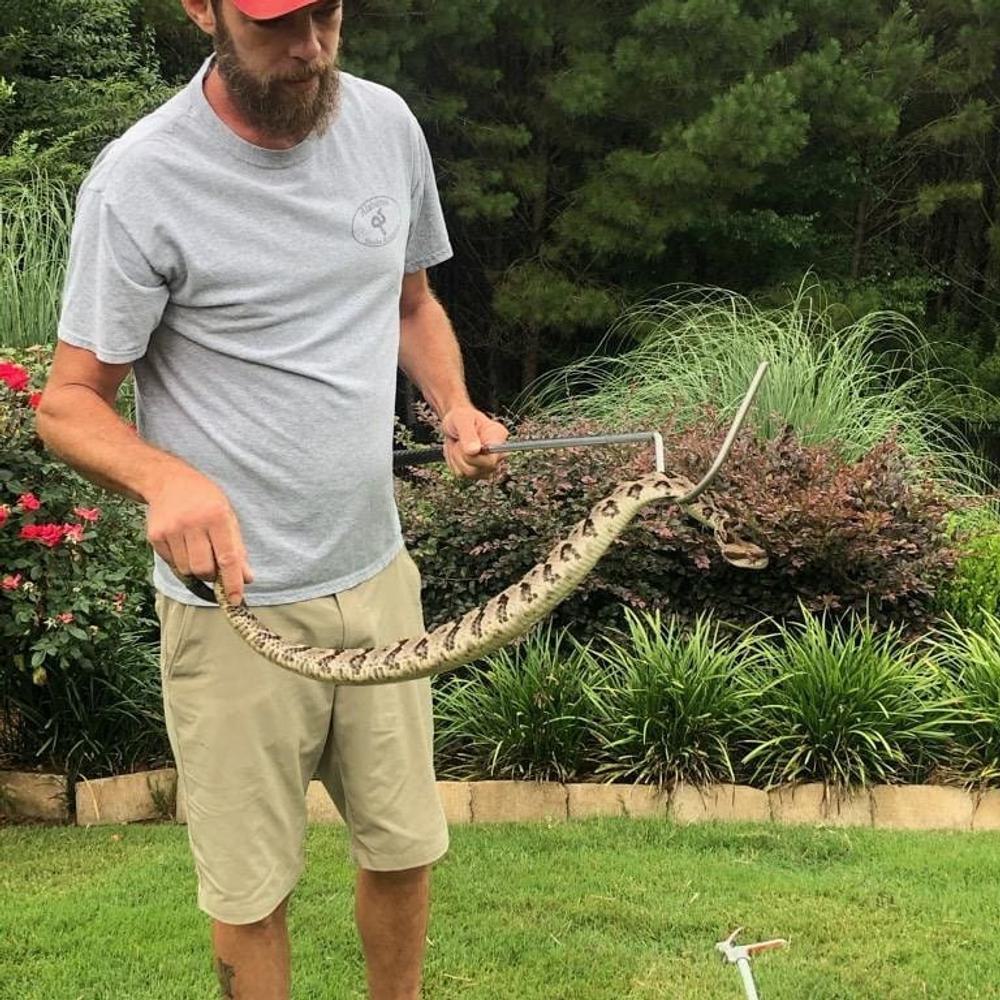
Snakes, both venomous and non-venomous, are invaluable for controlling pests, according to Hay.
Most snakes in the state consume rodents, which controls the rat and mouse population, preventing infestation.
According to Science Daily, timber rattlesnakes help minimize the spread of Lyme disease by consuming an average of 2,500 and 4,500 ticks every year.
“Rat snakes, rattlesnakes, and even copperheads are eating the rodents that cause over $4 billion in damage each year; [and those rodents] spread a minimum of four different respiratory illnesses when they get [into] crawlspaces and attics,” said Chase Bowman, another snake relocator with ASR.
Hay said, “The biggest thing with most people’s fear is old wives’ tales from generations before, from parents and grandparents.
“If your grandmother comes and tells you, ‘this snake will chase you,’ that’s your elder, so why would she lie to you? So people have no reason not to believe their parents and grandparents are giving them all this false information, and from years and decades, it gets passed down from generation to generation.”
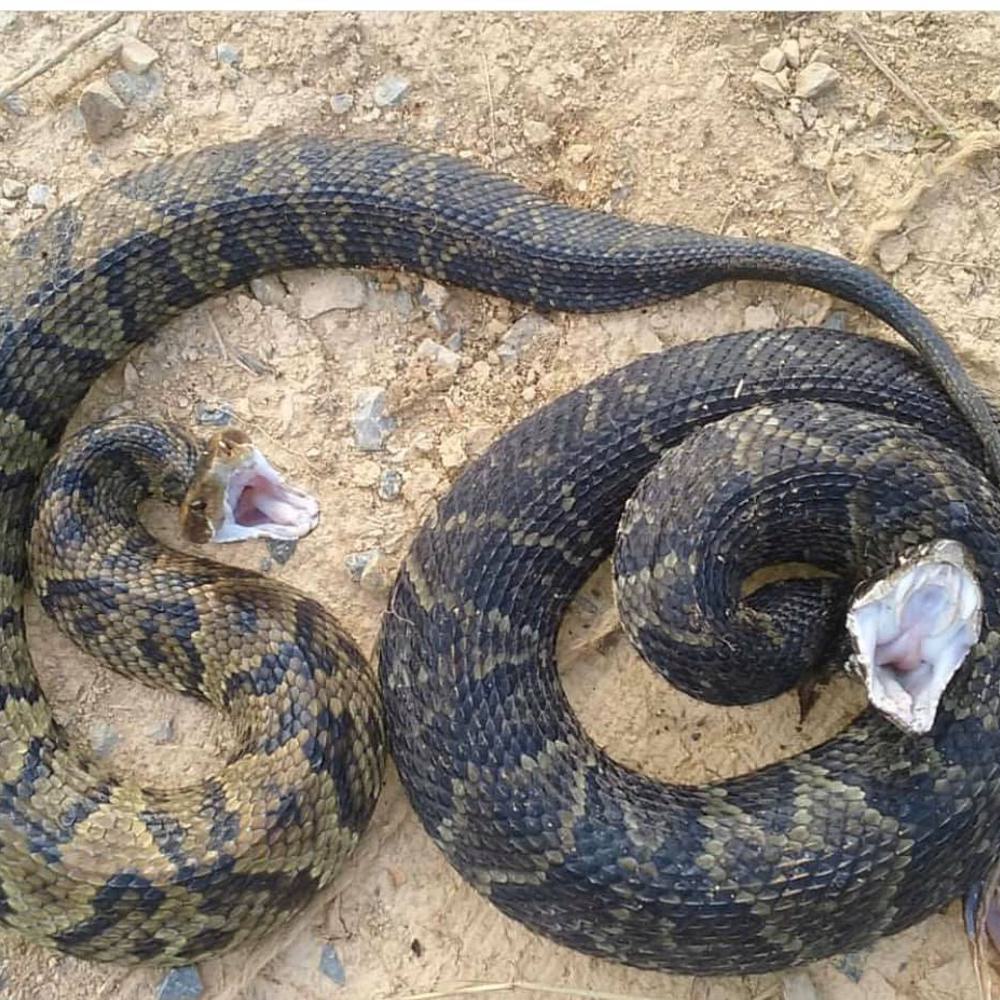
Hay believes the lack of education in schools and onward is responsible for people’s aversion. There are six venomous snake species in Alabama, Copperhead, Cottonmouth, Eastern Diamondback Rattlesnake, Timber Rattlesnake, Pigmy Rattlesnake, and the Eastern Coral Snake; all species Gray believes everyone in the state should be able to identify.
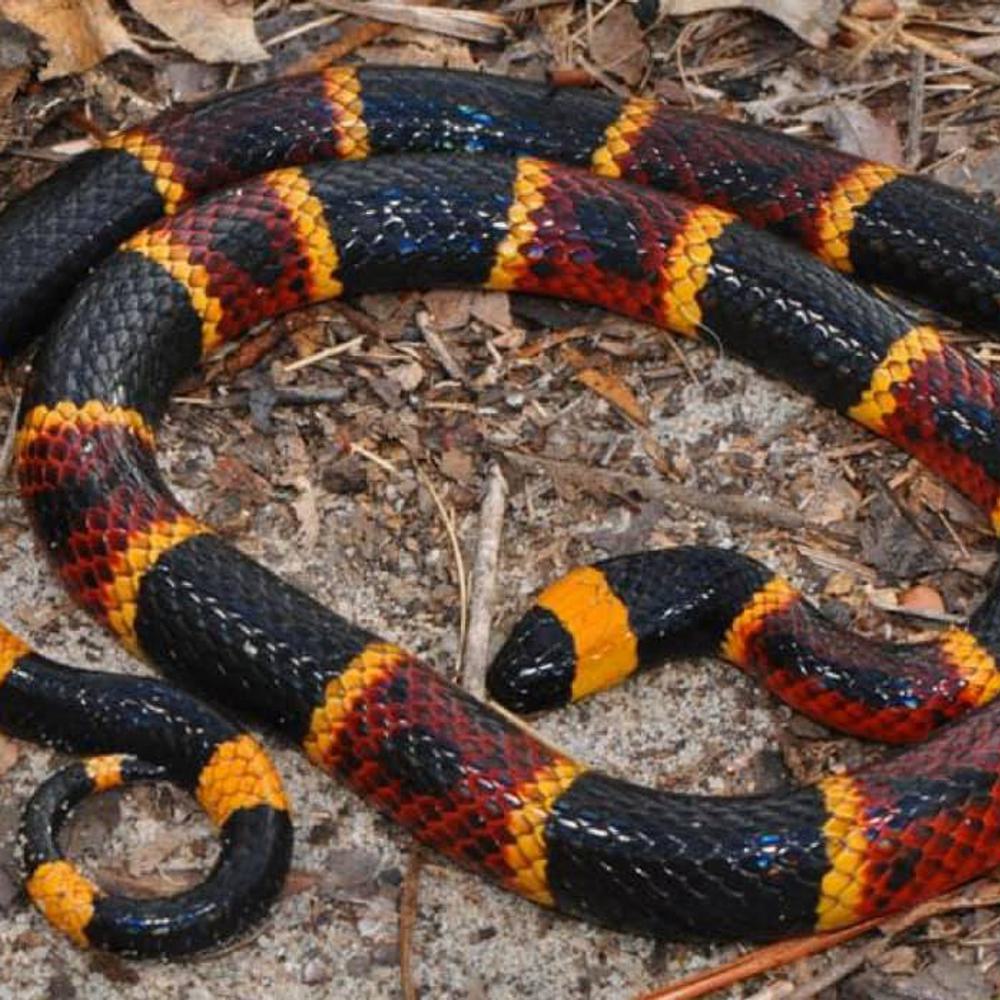
Hay said, “One of the biggest things that I think that could change the future is incorporating it into a school curriculum. History is good. I love history, but really, are you going to really use the Nina the Pinta and the Santa Maria in everyday life when you get out of school.
“Focus on those six venomous snakes, and focus on the fact that, if those six aren’t the snake that you encountered, you’re encountering a safe snake to leave on your property, to leave in your woods, you don’t have to kill it because it’s not a harmful snake to you, your pet, or your kid."
Bowman is also a moderator on the Facebook page Alabama Snake Identification, which allows locals to post pictures of snakes and get near-instant identification from a slew of experts.
The page is also filled with messages from people encouraging safe relocation of snakes, and also helps relieve people of their fear of snakes to avoid impulsively killing them.
According to Bowman, relocators are preferable to traditional exterminators because relocators relocate, and exterminators exterminate.
Bowman also offered a unique insight into why so many in the South have an aversion to snakes.
“In the South, which tends to be more religious, they teach in the Bible that the devil took the shape of a serpent, so folks associate all serpents with the devil, and that has been noted in a lot of conversations we’ve had with people,” Bowman said.
While ASR is happy to relocate venomous snakes that make their way on your property, prevention is the main deterrent.
"The best way to combat snakes is first to understand what a snake needs; it’s the same three essentials that we need: food, shelter, and water,” Hay said.
Keeping an adequately manicured area outside of the home, making sure there is less debris for snakes to make their home, and removing any other inviting areas will assist in keeping snakes away.
According to Hay, bird feeders are the biggest culprit in attracting rattlesnakes.
“Birds are the messiest eaters there are,” Hay said. “So while they are eating bird seed, they’re dropping about 25% of the feed onto the ground. Now, instead of a bird feeder in the air where a snake can’t really get, now you have all this bird seed on the ground, and rats, mice, squirrels, rabbits, chipmunks, you name it, they are all coming to get that feed. The scent is going to be over-inviting for snakes; they love it. Rattlesnakes eat birds, rabbits, squirrels, anything that will come to that bird seed.”
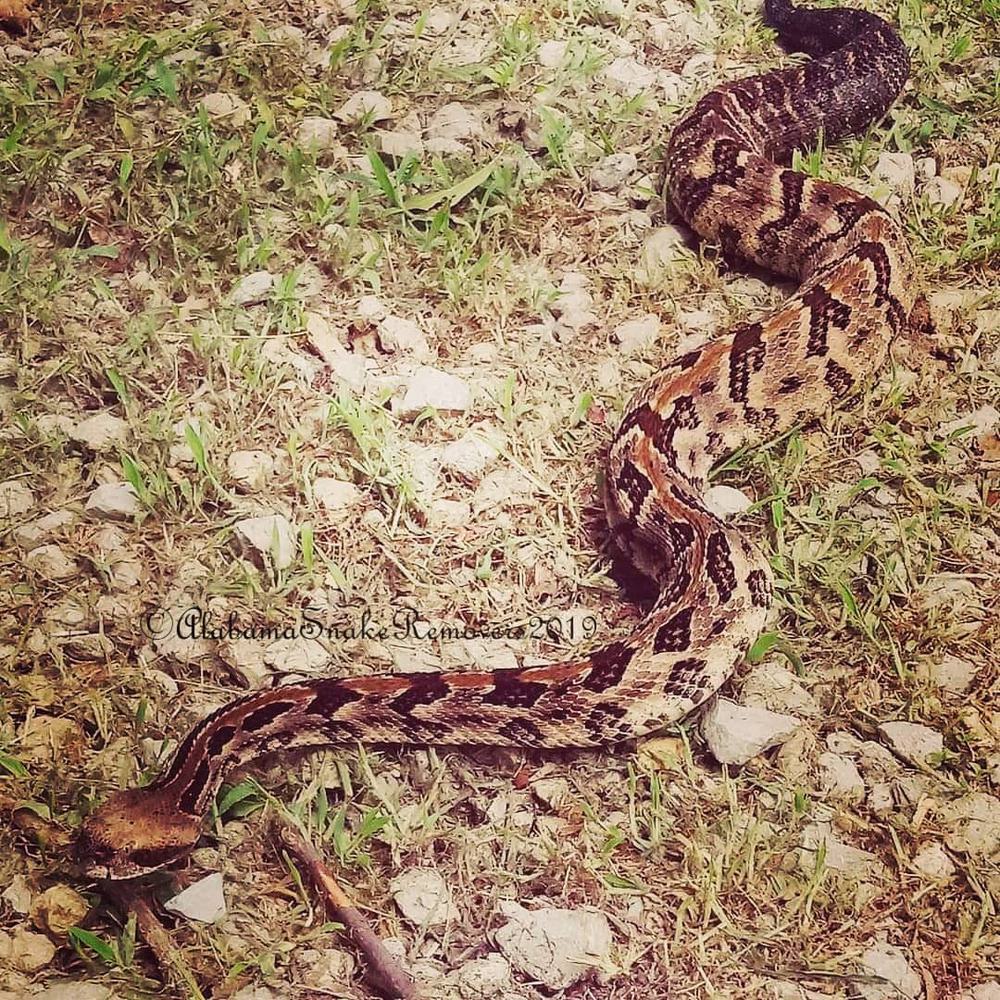
If you happen to find a snake in your yard or on your porch, the experts all stress ways of getting the snake to move on in ways that don’t put you in danger and don’t cause any harm to the snake.
“We always recommend giving it a spray with a water hose and getting to move on,” Bowman said. “They cannot stand a shot from a water hose; they do not like it, and they will try to get to whatever cover they can. And once you get them to move on, you can really teach your kids how they blend in with the environment,”
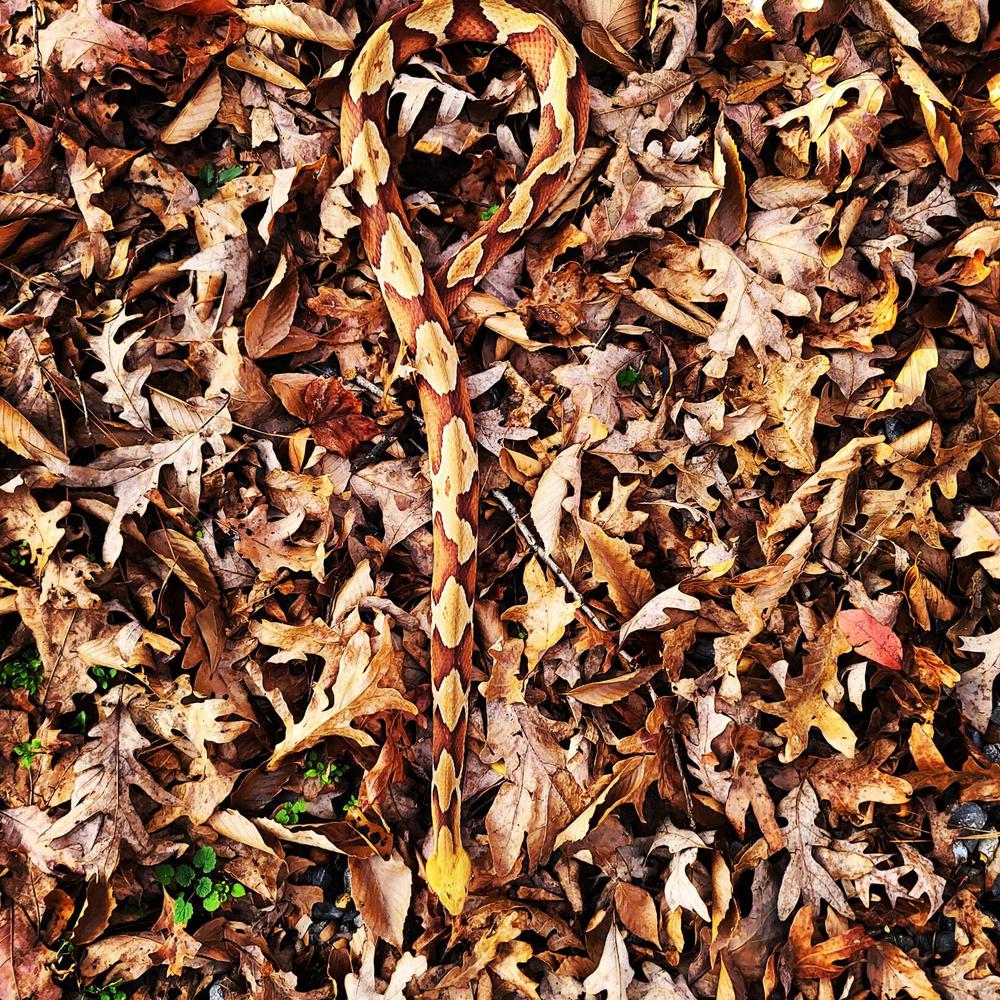
Hay stressed that the environmental and medical benefits that snakes produce are worth keeping them alive.
“These snakes have venom that is being used in medicine,” Hay said. "There is rattlesnake venom that is being used in heart medicine. The protein from the eastern copperhead is being researched to treat breast cancer. They’re using the venom from the Russell’s Viper, one of the deadliest snakes in the world, they’re using that to treat Lupus. A snake may save your life, one day. Can we spare theirs?
To connect with the author of this story, or to comment, email craig.monger@1819news.com.
Don’t miss out! Subscribe to our newsletter and get our top stories every weekday morning


